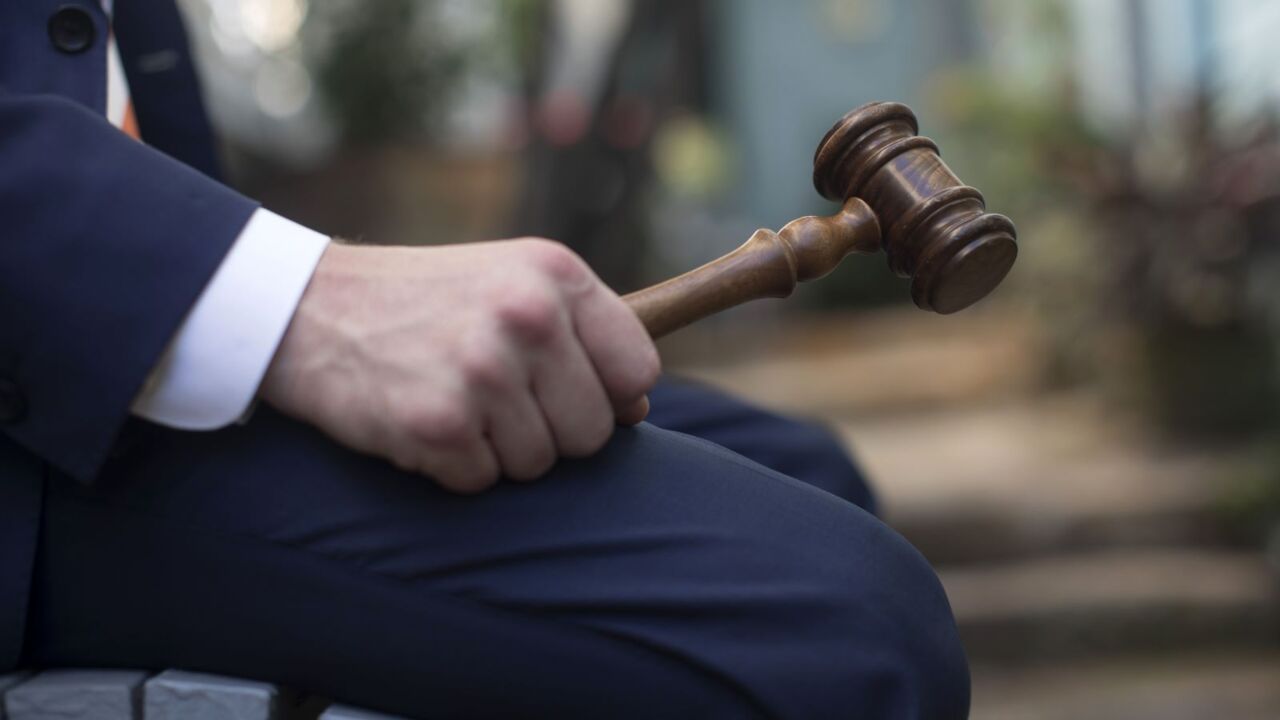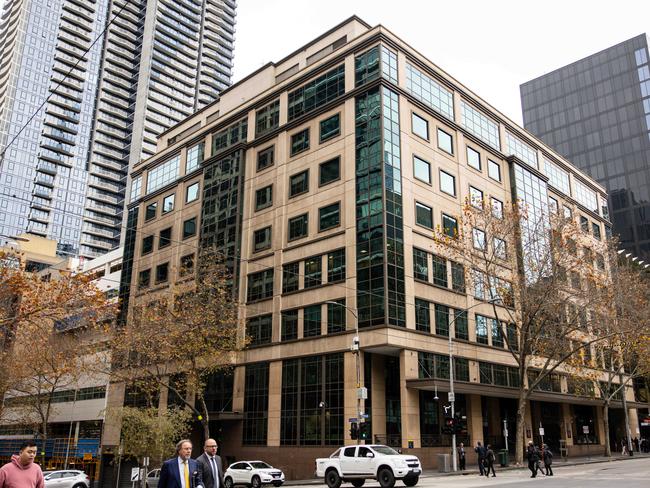Women accused of stealing guns lied about being Aboriginal to get bail
A woman who allegedly stole seven guns while ransacking a Hastings home “blatantly” lied about being Aboriginal to win bail, raising fears of further rorts of the state’s softened bail laws.

Victoria
Don't miss out on the headlines from Victoria. Followed categories will be added to My News.
Weakened bail laws which caution judicial figures from contributing to Aboriginal incarceration are being exploited.
An extraordinary case in the Supreme Court of Victoria has exposed an alleged firearms raider lying about being Aboriginal to get bail.
Her “blatant deception” was uncovered in recorded prison phone calls, with the case raising questions about further potential rorts of the state’s softened bail laws.
Haley Terei, 32, was granted bail in the Supreme Court in May and June on eight charges related to a high-end burglary in which seven firearms, ammunition, $470,000 cash, gold nuggets and other valuables were stolen from a Hastings home in December.
The mother-of-four submitted an affidavit to the court stating she was an Aboriginal woman of the Yorta Yorta nation and that her cultural heritage had been “whitewashed” by her father following her Aboriginal mother’s death when she was three.
Prosecutors opposed bail, arguing Terei was an unacceptable risk to the community amid concerns she knew where the stolen firearms were hidden and could access them.
But Justice Rita Incerti freed the woman from custody, citing new bail laws which require members of the judiciary to ensure “incarceration rates of Aboriginal peoples are not further compounded unless there is good reason”.

“This is by no means an easy decision. However, when I look at Ms Terei, a woman who has been denied access to her cultural heritage, who is expressing a desire for cultural support to turn a corner in her life, and with significant personal struggles,” Justice Incerti said.
Terei’s claim of Aboriginality was exposed in court on Friday as a complete lie.
Unconvinced of Terei’s supposed indigenous heritage, a dogged police officer analysed an extensive number of recorded phone calls between her and associates while she was in prison.
The calls revealed Terei’s mother is not Aboriginal and is in fact alive, living in New Zealand.
Justice Incerti revoked Terei’s bail, describing the lies about her heritage as “troubling”.
“It is alleged that Ms Terei claimed her Aboriginality from her maternal line, knowing it was untrue, in order to have the Court consider section 3A of the Bail Act when she was not entitled to do so,” Justice Incerti said.
“The Arunta (prison) phone recordings provide strong evidence that Ms Terei is not an Aboriginal person and sought to gain some benefit in the bail application on the basis of identifying as an Aboriginal person.”
A warrant was issued for Terei’s arrest and she now faces a possible charge of perverting the course of justice, which carries a maximum 25-year prison penalty.

The case exposes flaws in the court’s ability to protect and uphold justice since bail laws were relaxed in March.
Opposition spokesman Michael O’Brien said it’s “hardly surprising” alleged criminals are exploiting the new system.
“This case raises serious questions as to how courts and others are meant to apply laws intended for Aboriginal Victorians when it relies on the honesty of those claiming that ancestry,” he said.
“This is another example of how Labor has botched bail laws and Victorians are less safe as a consequence”.
In bail applications, evidence of Aboriginality is provided to the courts by affidavit, mostly based on the instruction of an accused person.
Justice Incerti maintained this remained an “appropriate” system despite Terei’s alleged manipulation.
“I can see no reason why this should change or that an applicant or their legal representative should be required to do anything more than set out the basis of a person’s Aboriginality as was done in this case,” Justice Incerti said.
A Victorian government spokesperson said a person’s ethnicity or cultural background has never led to an easier bail test, nor does it outweigh the consideration of risk to community safety.
“People who mislead the court face severe penalties including additional charges,” the spokesperson said.
More Coverage
Originally published as Women accused of stealing guns lied about being Aboriginal to get bail




